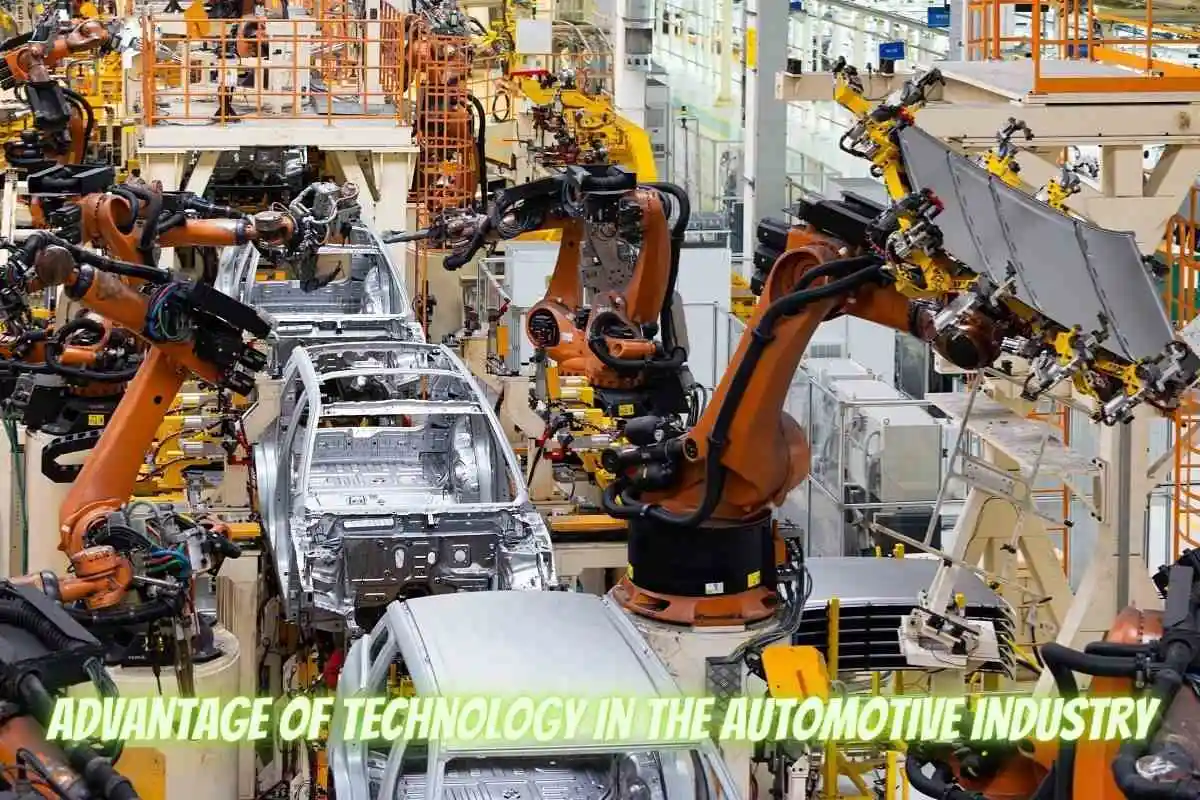Technology has become a powerful force that drives innovation in many industries, including automotive. As technology advances through the years, cars have become more comfortable, intelligent, energy-efficient, and safer.
The growth of technology is making it possible for vehicles to implement a wide variety of features — features that would seem impossible a few years back.
Without further ado, let’s learn about the advantages of technology in the automotive industry.
Enhanced Safety Features
Statistics show that there have been 5,250,837 car collisions over the course of 2020 alone. Collisions are common on US roadways and are often caused by many different factors, such as speeding and impaired driving.
Technology has played a vital role in preventing car accidents over the years. Because of advanced technologies, cars now have more and better safety features, such as brake assist, electronic stability control, traction control, antilock brakes, blind-spot warning, and tire pressure sensors.
Thanks to these high-tech features, drivers, passengers, and pedestrians now get to enjoy a powerful accident prevention system that makes roads faster. Thus, technology contributes to saving more lives on the road every day.
Better Car Design
How your car looks says a lot about your personality – a flashy sports car for a smooth socialite or a rugged jeep for an adventurer. What’s cool about today’s industry is that no matter what type of car you choose, each comes with the best technology and designs available.
Technology has paved the way for better car designs. High-tech car designs today have better exteriors, ranging from exterior cameras to powerful headlights. These features make cars look more modern.
Even the interiors of cars look and function better because of technology. Cars manufactured in the 21st century have bigger screens and lighting gradients, which can be controlled in a central control panel.
Eco-Friendlier Options
Contrary to popular belief, technology in the automotive industry isn’t damaging the environment; it actually brings many eco-friendly benefits. Technology has become a valuable tool to help the automotive industry transition toward energy efficiency.
For years, automobiles have been responsible for a massive amount of pollution in the world. Burning gasoline and diesel fuels creates harmful byproducts, such as carbon monoxide, nitrogen dioxide, and formaldehyde, which are all harmful to humans.
The advent of eco-friendly technologies has made it easier for the automotive industry to adopt new growth strategies focused on electric and hybrid cars and alternative fuels. In fact, there are now vehicles powered by Compressed Natural Gas, or CNG, which produces significantly fewer pollutants than diesel and petrol.
Driverless Technology
Picture this: you go back in time and tell your younger self that cars no longer require drivers. Would you believe your own words?
Current technology trends show that autonomous driving technology will create the biggest impact on the automotive industry. This technology will eliminate the need for any human driver, transforming cars into independent software machines.
The cruise control systems in these driverless cars rely on cameras, radars, and sensors to navigate the road. Currently, there are no fully autonomous vehicles for sale, but there are several manufacturers producing newer and better autonomous features. For instance, the 2023 Tesla Model S comes with adaptive cruise control, lane-keep assist, and lane-departure warning.
Faster Manufacturing
Technology doesn’t only impact drivers — it also benefits manufacturers and business owners. Technology allows faster and easier manufacturing of automobiles. Nowadays, most cars are manufactured through automated processes and tools. For instance, it’s now possible for manufacturers to enjoy faster time to market through TCGen and other similar tools.
This leads to a drastic reduction in the cost of production while increasing the production volume of the manufacturers. Because of this, manufacturers can meet the demand and achieve the satisfaction of customers without compromising the quality of the vehicles.
Improved Customer Experience
Technology has greatly improved the customer experience. With inventories from all over easily accessible, you no longer have to drive from dealership to dealership, hoping to find the exact make and model with the right trim and features.
With the use of technology, you can even connect with the car manufacturer and iron out details on how they can deliver the vehicle directly to you. This process guarantees a better customer experience as you’ll save yourself the hassle of picking it up yourself. Plus, it also builds customer loyalty and helps manufacturers gain more customers.
New Marketing Channels and Sales Techniques
Technology has also made a huge impact in terms of marketing and sales in the automotive industry. Decades ago, you’ll have to visit car dealerships and shops in person to check the model you’re eyeing to buy. You’ll have to do the same when looking for spare parts.
As technology opens new marketing channels and sales techniques, it’s now possible to have a 360-degree view of the car you want through your handheld device. Looking for a specific headlight? Or want to upgrade your tires? Use the internet to look for these parts online and have them delivered to your doorstep.
Key Takeaways
Technology has reinvited the automobile industry in more ways than one. Aside from benefitting the drivers, technology also brought countless benefits to manufacturers. And as technology continues to evolve, we can expect that the automobile industry will continue to produce better vehicles in the future.
Read Also:
- Grubbs Acura: A Sneak-Peak In 2023 | Automotive Industry
- Modified Smart Car: A New Trend In Automobile Industry
- Complete Guide To The Hyundai Electric Car: A Sustainable And Innovative Way Of Driving




